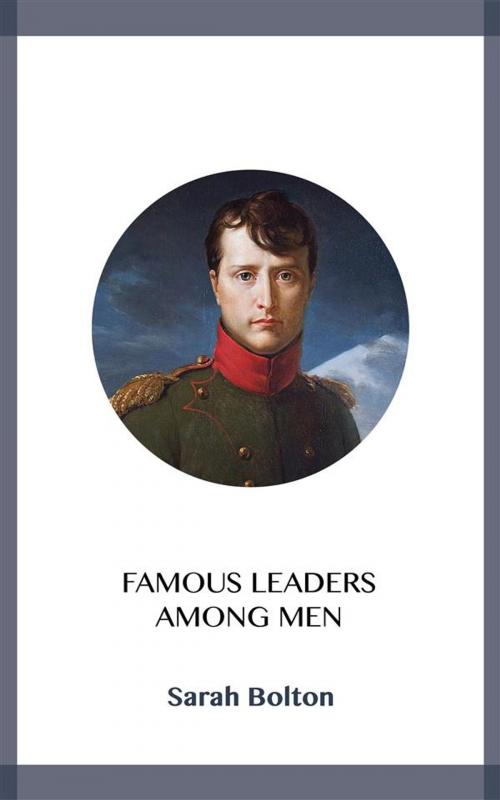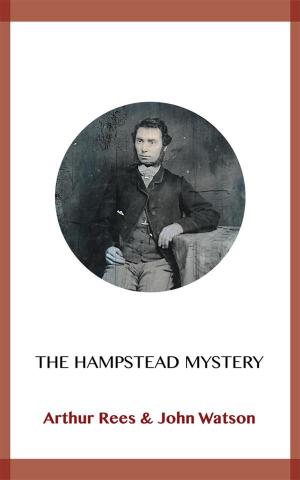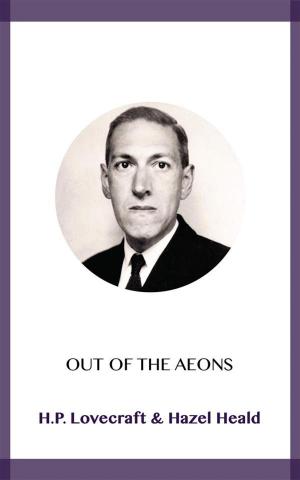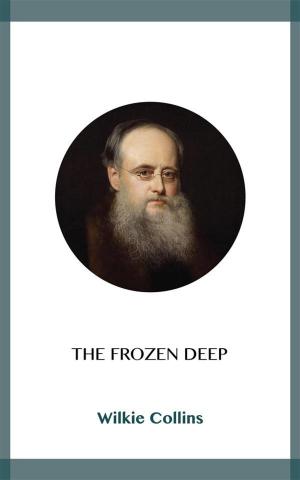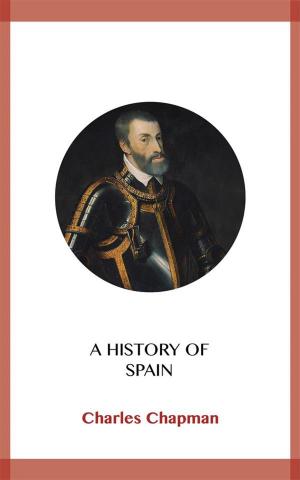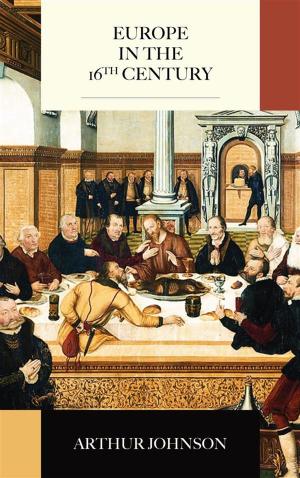Famous Leaders Among Men
Nonfiction, Health & Well Being, Self Help, Self Improvement, Success, History| Author: | Sarah Bolton | ISBN: | 9788828374558 |
| Publisher: | Blackmore Dennett | Publication: | August 13, 2018 |
| Imprint: | Language: | English |
| Author: | Sarah Bolton |
| ISBN: | 9788828374558 |
| Publisher: | Blackmore Dennett |
| Publication: | August 13, 2018 |
| Imprint: | |
| Language: | English |
Napoleon said, "My maxim has always been, a career open to talent without distinction of birth." It will be seen in these pages that most of these men rose to leadership by their own efforts. Napoleon was poor, and often without employment in early life, but his industry, good judgment, will, and ambition carried him to the heights of power.
Nelson was the son of a minister, whose salary did not support his numerous family, but his boy had the energy and force that won success.
Bunyan, a travelling tinker, twelve years a prisoner in Bedford jail, could, while poor and in prison, write a book that is read more than any other in the world, save the Bible.
Arnold, through love for his work, and his untiring energy and good sense, became the ideal teacher.
Phillips and Beecher, both eloquent, the latter beginning his labors on a salary of $200 a year, were led into their great careers through a great motive,—their hatred of slavery.
Kingsley, the Christian socialist, knowing that the pulpit must help in the solution of the labor problem, lived and preached the brotherhood of man.
Sherman, the son of a widow, adopted by his father's friend, had early failures, and won his place of distinction with Grant and Sheridan by his own ability.
Spurgeon, whose work was marvellous, was poor, and without a college education.
Phillips Brooks, whose death was an irreparable loss, made his way even more by his sincerity and unselfishness than by his eloquence.
Napoleon, who was especially fond of biography and history, was always eager to learn what qualities produced greatness or success. Perhaps some will find it interesting to trace in these pages what enabled these men to be leaders in various fields.
Napoleon said, "My maxim has always been, a career open to talent without distinction of birth." It will be seen in these pages that most of these men rose to leadership by their own efforts. Napoleon was poor, and often without employment in early life, but his industry, good judgment, will, and ambition carried him to the heights of power.
Nelson was the son of a minister, whose salary did not support his numerous family, but his boy had the energy and force that won success.
Bunyan, a travelling tinker, twelve years a prisoner in Bedford jail, could, while poor and in prison, write a book that is read more than any other in the world, save the Bible.
Arnold, through love for his work, and his untiring energy and good sense, became the ideal teacher.
Phillips and Beecher, both eloquent, the latter beginning his labors on a salary of $200 a year, were led into their great careers through a great motive,—their hatred of slavery.
Kingsley, the Christian socialist, knowing that the pulpit must help in the solution of the labor problem, lived and preached the brotherhood of man.
Sherman, the son of a widow, adopted by his father's friend, had early failures, and won his place of distinction with Grant and Sheridan by his own ability.
Spurgeon, whose work was marvellous, was poor, and without a college education.
Phillips Brooks, whose death was an irreparable loss, made his way even more by his sincerity and unselfishness than by his eloquence.
Napoleon, who was especially fond of biography and history, was always eager to learn what qualities produced greatness or success. Perhaps some will find it interesting to trace in these pages what enabled these men to be leaders in various fields.
